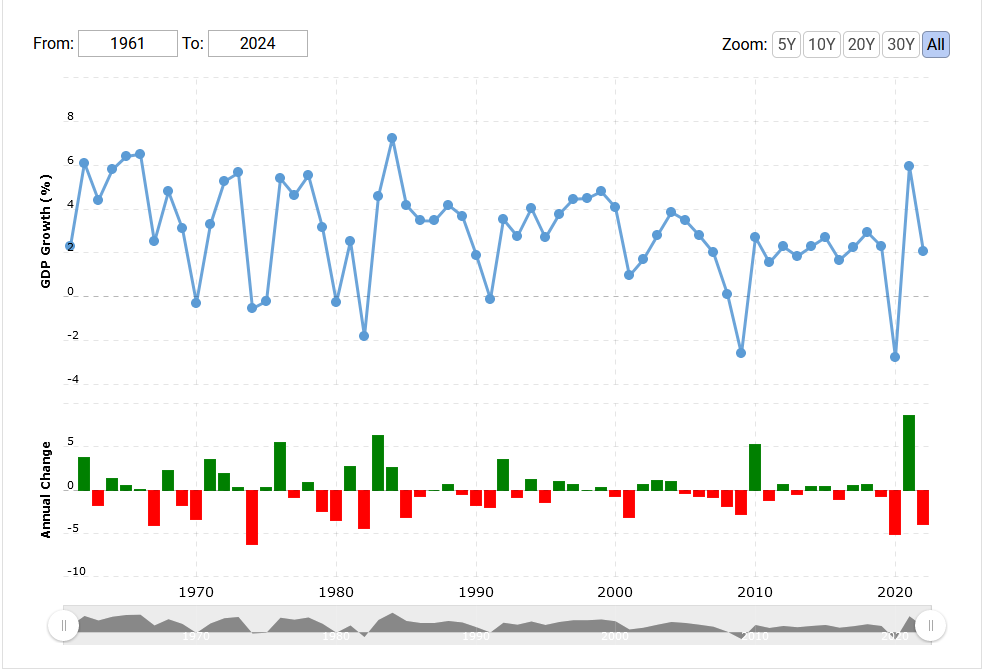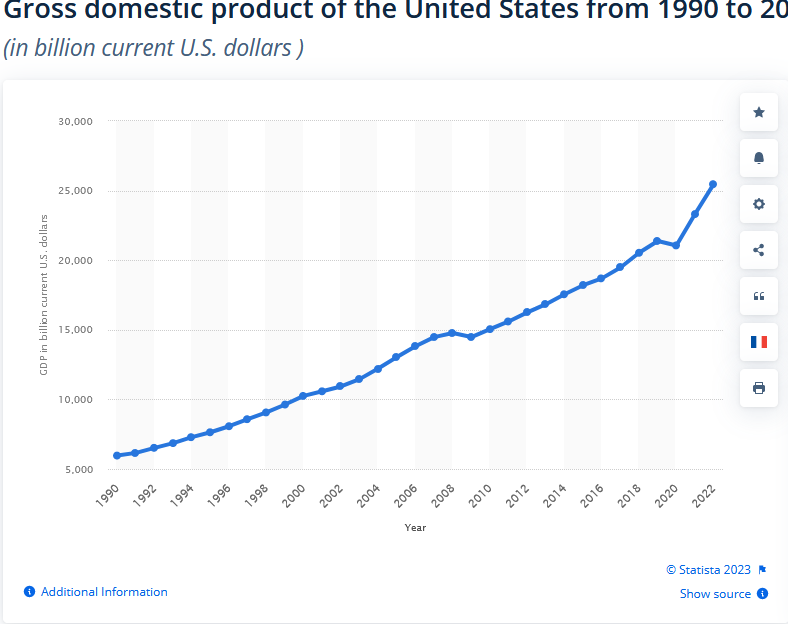The Supreme Court has granted certiori to a suit involving Texas and Florida statutes barring social media from committing censorship.
The Texas law prohibited social-media platforms with at least 50 million monthly active users to censor users based on their viewpoints, thus applying to the most popular sites including Facebook, Instagram and TikTok, as well as X. The Fifth US Circuit Court of Appeals, in New Orleans, upheld the measure.
Similar Florida legislation…was largely found unlawful by the Atlanta-based 11th Circuit.
Thus, a circuit split, which virtually guaranteed a Supreme Court case. Plaintiffs argue for allowing these media to commit censorship as they see fit. Chris Marchese, NetChoice‘s Litigation Center Director:
Online services have a well-established First Amendment right to host, curate and share content as they see fit.
In most cases, that’s true. However, online services that have enthusiastically presented themselves as public squares (vis. Twitter/X) or that have become de facto public squares (vis. Facebook), must act like the public squares that they are, and cannot censor speech made there.
Marchese, though, contradicts his own claim:
The internet is a vital platform for free expression, and it must remain free from government censorship.
You bet. The public squares on the Internet also must remain free from censorship. (State) governments barring these entities from censoring are not themselves engaged in censorship.


